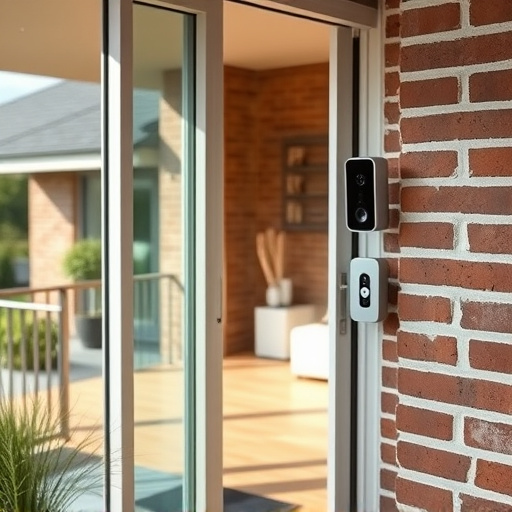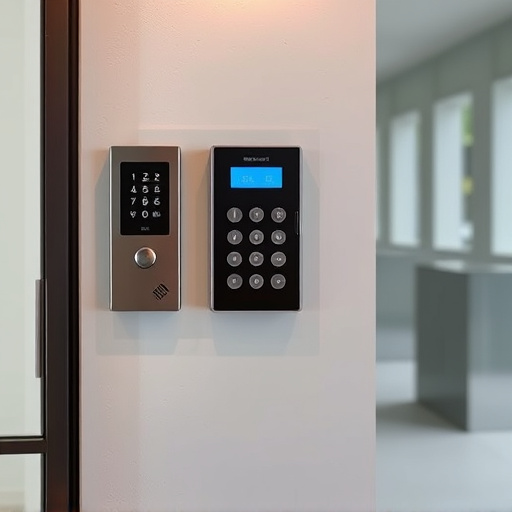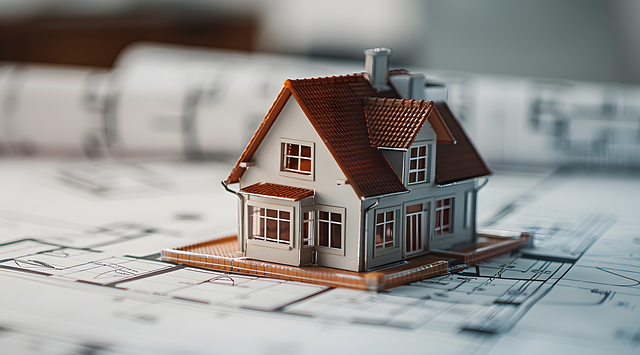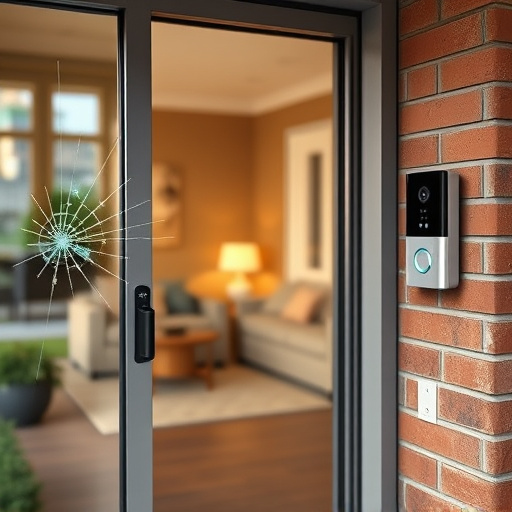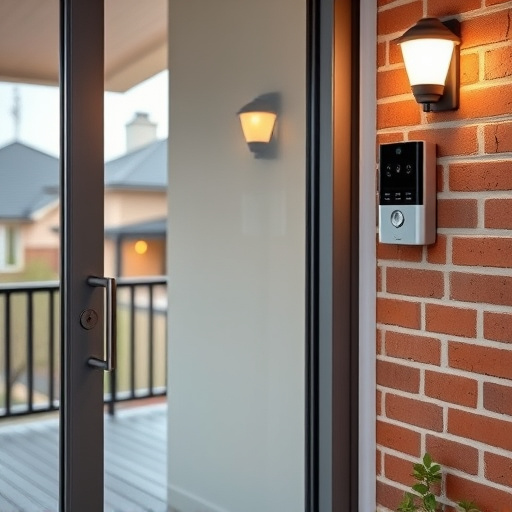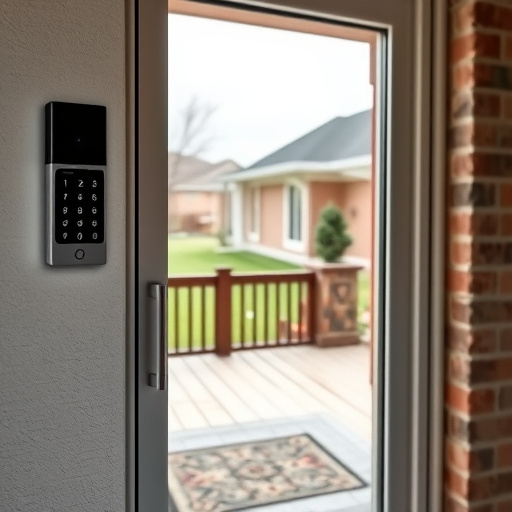Selecting the right security camera requires understanding your home's unique needs. Consider factors like property size, monitoring requirements, and potential threats. Prioritize clear resolution (1080p+), night vision, cloud storage, Wi-Fi connectivity, motion detection, and two-way audio. Choose from wired, wireless, or IP cameras based on budget and desired control. Integrate with smart home devices and weigh cloud vs local storage. Regular updates ensure an effective security system tailored to your home security selection.
Choosing the right security camera for your home is crucial for a comprehensive home security selection. To ensure an ideal home camera, you must first understand your specific needs. Consider factors like coverage area, motion detection, and video quality. Explore key features such as resolution, night vision, and cloud storage. This article guides you through types of security cameras and their unique benefits, helping you make an informed home security system decision. Learn about installation, compatibility, and maintenance considerations for a smooth experience.
- Understanding Your Home Security Needs
- Key Features to Look for in a Security Camera
- Types of Security Cameras and Their Benefits
- Installation, Compatibility, and Maintenance Considerations
Understanding Your Home Security Needs

Understanding your home security needs is the first step in finding the right security camera. Consider factors like the size and layout of your property, areas that require monitoring (entrances, exits, valuable assets), and potential threats like burglars or fires. A thorough assessment will help you determine the number, placement, and type of cameras needed for an effective home security selection.
When choosing security cameras, think about resolution (HD or 4K for clearer images), field of view (wide angle for broader coverage), night vision capabilities (infrared for low-light conditions), and storage options (cloud or local recording). Additionally, consider the ease of setup, app connectivity, and features like motion detection and two-way audio. The ideal home camera should integrate seamlessly with your existing security system and offer a comprehensive best security system solution tailored to your specific requirements.
Key Features to Look for in a Security Camera

When looking for the right security camera, several key features stand out as essential considerations for an ideal home camera. First and foremost, resolution is crucial; opt for a camera offering 1080p or higher for clear, detailed footage. This ensures you can clearly identify individuals and objects in your home. Additionally, look for cameras with night vision capabilities, often achieved through IR (infrared) technology, allowing for continuous surveillance around the clock.
Another vital aspect is storage and connectivity. Consider a security system that offers cloud storage options, providing remote access to your camera’s footage from anywhere. Wi-Fi connectivity also ensures easy installation without the need for complex wiring. Moreover, advanced cameras may include motion detection and two-way audio, giving you peace of mind and the ability to communicate directly through the device. These features collectively contribute to an effective security system, enhancing home safety and providing valuable surveillance.
Types of Security Cameras and Their Benefits
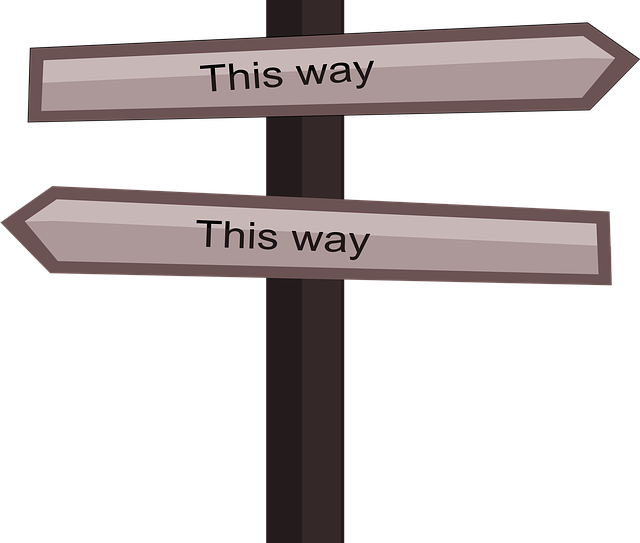
When it comes to choosing security cameras, the options can seem overwhelming. However, understanding the different types available simplifies the home security selection process. There are three main categories: wired, wireless, and IP (Internet Protocol). Wired cameras offer reliable, high-quality video but require professional installation. Wireless systems provide flexibility and ease of setup while IP cameras stand out for their advanced features, such as motion detection, night vision, and cloud storage, making them the ideal home camera for tech-savvy homeowners seeking an effective security system.
Each type offers unique benefits tailored to various needs. For instance, wireless cameras are ideal for DIY installations while IP cameras excel in monitoring through smart home hubs. The right security camera ultimately depends on factors like budget, desired level of control, and specific requirements for peace of mind. With this knowledge, you can make an informed decision to ensure your home is protected by the best security system for your needs.
Installation, Compatibility, and Maintenance Considerations

When it comes to installing a security camera for your home, consider your specific needs and layout. Different cameras have varying installation requirements, from simple mounting on walls or ceilings to more complex setups for optimal coverage. Ensure the camera’s specifications align with your space; some offer adjustable angles and zoom capabilities, making them versatile for various installations.
Compatibility is another key aspect. Choose a security camera that integrates seamlessly with your existing home security system or smart home devices. Look for cameras compatible with popular platforms like Alexa or Google Home for voice control and centralized monitoring. Additionally, consider storage options; cloud-based storage provides remote access, while local storage ensures privacy but requires regular maintenance. Regular updates and compatibility with new technologies are essential to keep your security system effective and up-to-date.

